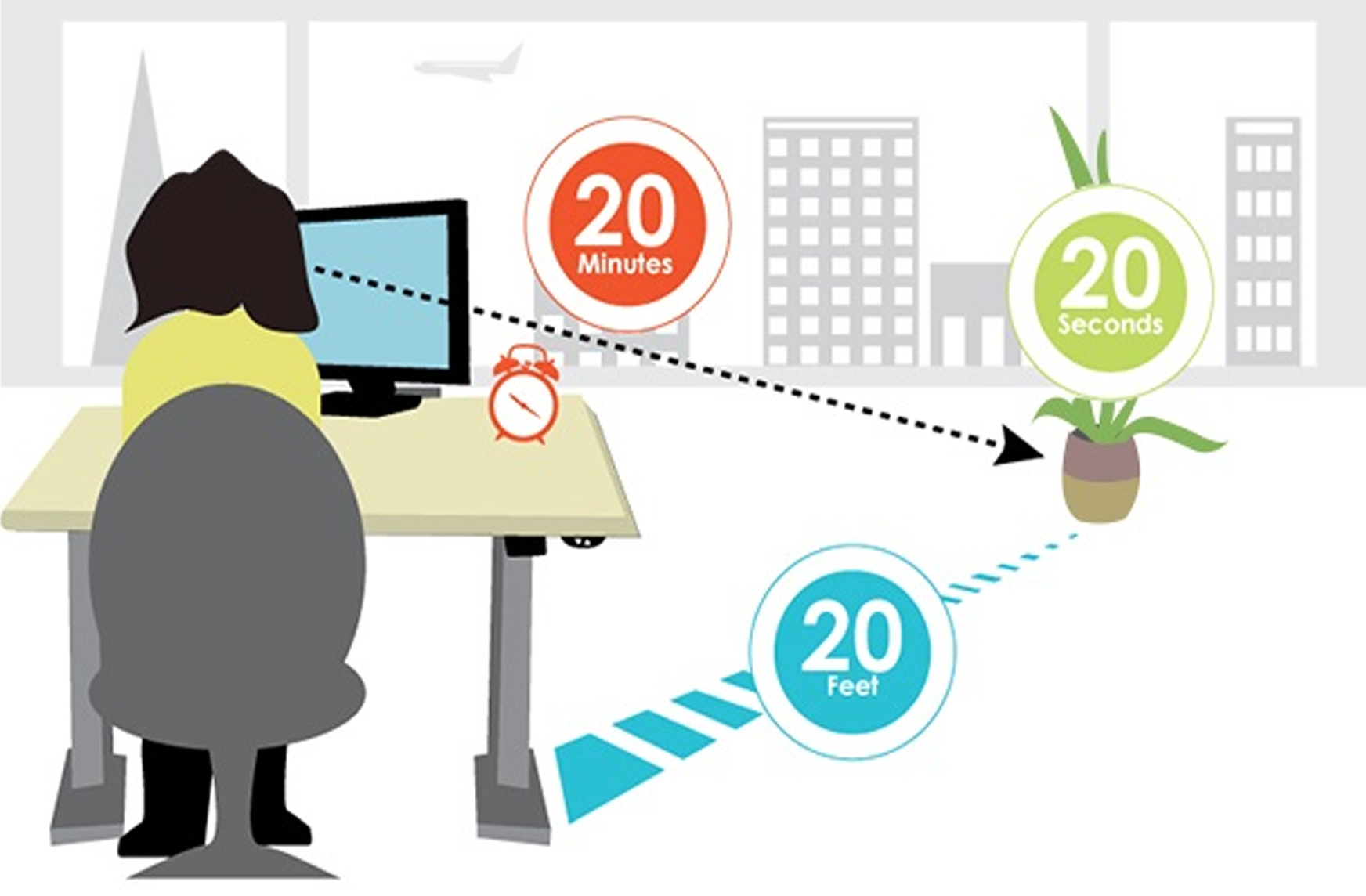Effects of Blue Light
/Ultraviolet and short wavelength light from the sun is at a significantly much higher concentration than light from a computer screen. Blue Light is therefore not likely to cause damage to the eye, but that does not mean it’s innocuous.
Blue light interacts with and suppresses melatonin, which can interfere with our circadian sleep cycles. There is no clear evidence showing blue blocking lenses have any benefit, but there are many accounts of patients using blue blocking lenses and feeling less strain and stress on the eyes, especially when on their digital gadgets.
There is however growing evidence that an increase in screen time can be harmful to physical cognitive and social development in children and is linked with worse psychological well-being.
However, there certainly are benefits also for being on screen time. In young children, programming often viewed on screens can help improve literacy skills, numeracy skills, and social skills. In older children, programming can improve critical thinking. In teens, it can improve reading, writing, social connections and political and social awareness that can help instill personal values, create new creative forms and promote self expression. Since the use of electronic gadgets and digital devices is continuing to grow we can certainly make it a better experience.
A good thing to practice is applying the 20/20/20 rule, so you take a 20 second break to view something 20 feet away every 20 minutes. This approach will give you a chance to periodically blink and to relax your binocular vision system. Also by adding high-quality artificial teardrops with a lipid component, along with practicing the 20 /20/20 rule may provide additional relief by fortifying the eyes natural tears to stave off evaporation.
I frequently suggest to my patients to keep the bedroom as a “no electronics zone”. If you must have screen time before bedtime I stress the need to dim your screen either manually or through a filter. As a guideline for children age 2 to 5, screen time should be limited to one hour per day. In children age 6 and older there should be consistent limits on time spent and type of media exposure. I enjoy consulting my patients and ensuring they have the most accurate information. Their focus is my focus too!
For more information, find us at Focus Vision Care in Staten Island, New York 10314. You can reach us at focusvisioncare.com or focusvisioncareinc@gmail.com.
Credits: Review of Optometry. Jan 15, 2021.
NJSOP : Eye on New Jersey, Winter 2020.

